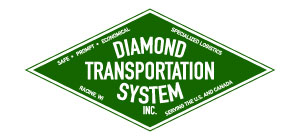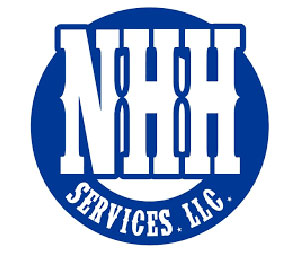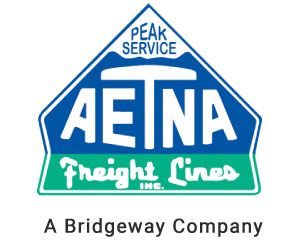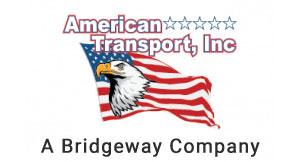What Should a Transportation Manager Know About the Colorado Chain Law?
Crazy Colorado weather affects all the drivers in the state. However, the weather affects a transportation manager in Aurora, CO more than a regular person just trying to get from point A to point B. A regular citizen just has to worry about his or her car not sliding off the road in bad weather. Transportation managers in heavy equipment transport companies, however, have to make sure all of their trucks stay on the road and are in compliance with all of the state laws regarding commercial vehicles. Now that the weather is starting to get colder and it’s snowing in some parts of the state, it’s important to know all about the Colorado chain law.
Which vehicles does the chain law affect?
A transportation manager in Aurora, CO should already know this answer, but the Colorado chain law is enforced on all commercial vehicles. As a little refresher, a commercial vehicle is defined as a vehicle being used in commerce to transport passengers or property that fits into one of the following categories:
- A vehicle that’s designed to transport 16 or more passengers is a commercial vehicle.
- A vehicle that has a gross weight of over 26,001 pounds is a commercial vehicle.
- A vehicle that has a gross weight rating of 26,001 or more pounds, including a towed unit of 10,001 pounds or more, is a commercial vehicle.
What does the chain law state?
The chain law includes two levels for commercial vehicles and applies to all state, federal and interstate highways:
- Chain Law Level 1: Can be put in place by authorities if there is snow covering any portion of the road on an ascending grade. The first level of the chain law requires all single drive axel combination commercial vehicles to put chains on. All four drive wheels must have chains.
- Chain Law Level 2: Can be applied anytime there is snow covering the entire road on an ascending grade, or when the driving conditions are bad enough to warrant it. Under the second level, all commercial vehicles must put chains on the tires. Buses have to put chains on two drive wheels in order to stay within compliance of the law.
Remember that the Colorado chain law is meant to protect the safety of your drivers and others on the road when hauling freight. As a transportation manager in Aurora, CO, you should make sure your drivers understand this and don’t ignore the law in order to stay on schedule for a delivery.
When is the chain law in effect?
It’s in effect now! From September 1 until May 31, all commercial vehicles traveling along the I-70 corridor between mile marker 133 (Dotsero, CO) and mile marker 259 (Golden, CO) must carry tire chains or another approved traction device in the vehicle at all times. This may seem like a big time frame to have to carry chains, but you never know when it might start snowing during this time of year.
If all of your commercial vehicles stay in compliance with the Colorado chain law, you, your drivers and law enforcement will all be happy. For more tips or additional information, get in touch with the logistics and transportation experts at Osage Specialized Transport today. Contact us and let us know how we can help.















